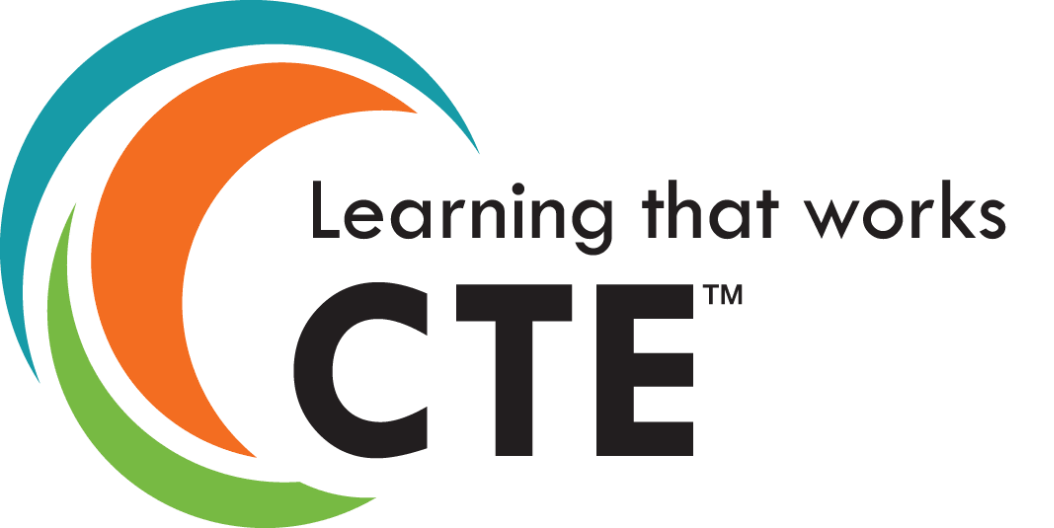STANDARDS
MARKETING STANDARDS

Goods - tangible items for purchase. (ex. a pair of shoes)
Services - the action of helping or doing work for someone. (ex. a carwash)
Wants - things not necessary for survival; luxuries. (ex. new clothes for each season)
Needs - things necessary for survival (ex. food, shelter, water)
Economic Resources
Land - natural resources used to create items (trees used to make paper)
Labor - people who work (ex. teachers, construction workers, managers)
Capital - items the help a company run (ex. tables, chairs, computers)
Entrepreneurship - the ability to create and manage companies (ex. business owner)
Economic Utility
Form - all things used to create a final product (ex. handle bars, tires, seat, etc make a bike)
Place - where a company is located (ex. Cracker Barrel by highways)
Time - when company is open (ex. Wild Eggs is only open for breakfast and lunch)
Possession - how you purchase products (ex. cash, check, credit card, PayPal)
Information - how companies get their name out to customers (ex. advertising, social media)
Supply - how much of a product is available
Demand - how many people want a specific product
Elasticity
Elastic - potential for substitutes of product (ex. steak)
Inelastic - no substitute for item (ex. gas)
Equilibrium - when supply meets demand
Capitalism - all trade and industry are controlled by private owners for profit.
Socialism - the means of exchange should be owned by the community as a whole.
Communism - all property is publicly owned and each person is paid according to their abilities and needs.
Regulatory Groups
FDA - Food & Drug Administration
FTC - Federal Trade Commission
OSHA - Occupational Safety and Health Administration
EPA - Environmental Protection Agency
EEOC - Equal Employment Opportunity Commission
SEC - Securities and Exchange Commission
GDP - (Gross Domestic Product) value of all the goods & services produced within a country's borders in a specific time.
Inflation - a sustained increase in the general price level of goods and services in an economy over a period of time.
Profit - Sales minus Expenses
Competition
Direct - companies that sell the same type of product in the same market (ex. Papa Johns & Pizza Hut)
Indirect - companies that sell similar products but are not in the same market (ex. Bath & Body Works & CVS
Price Competition - two similar products are judged by consumers on their pricing (buy Coke if cheaper than Pepsi)
Non Price Competition - based on quality, customer service, etc.
Monopoly - one company owns all of the market.
Oligopoly - a select group of companies own all of the market (DirecTV, Time Warner, Dish)
Imports - products that come in from other countries
Exports - products that are shipped to other countries
Trade Barriers
Tariff - A tax on imports; also known as a duty
Embargo - A total ban on specific goods coming into and leaving a country
Quota - A limit on either the quantity or monetary value of a product that may be imported
Business Cycle
Recession - A period of economic slowdown that lasts for two quarters, or six months
Depression - A period of prolonged recession
Recovery - A period of renewed economic growth followed by a recession or depression
Peak - The highest point between the end of an economic expansion and the start of a contraction in a business cycle


